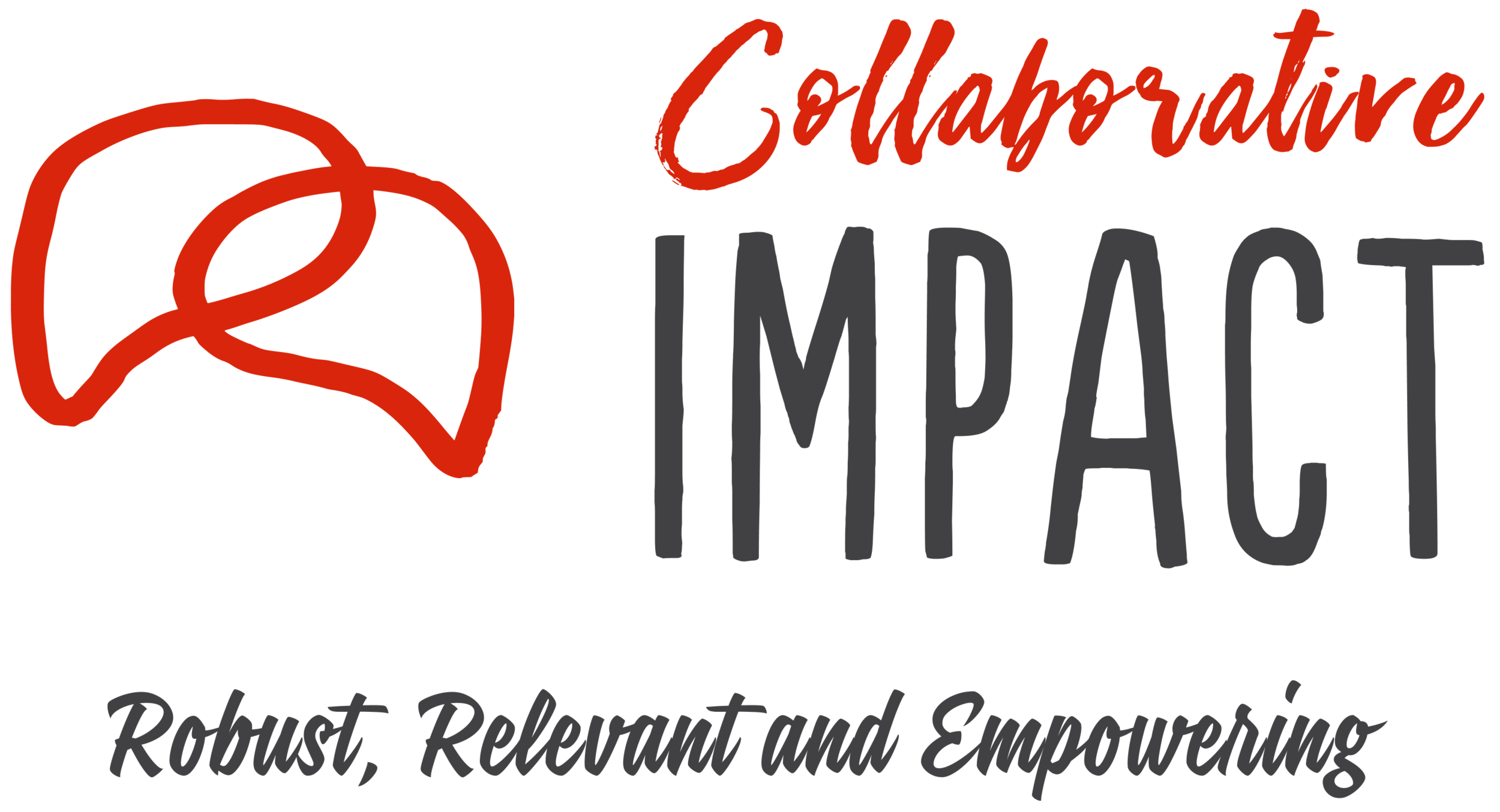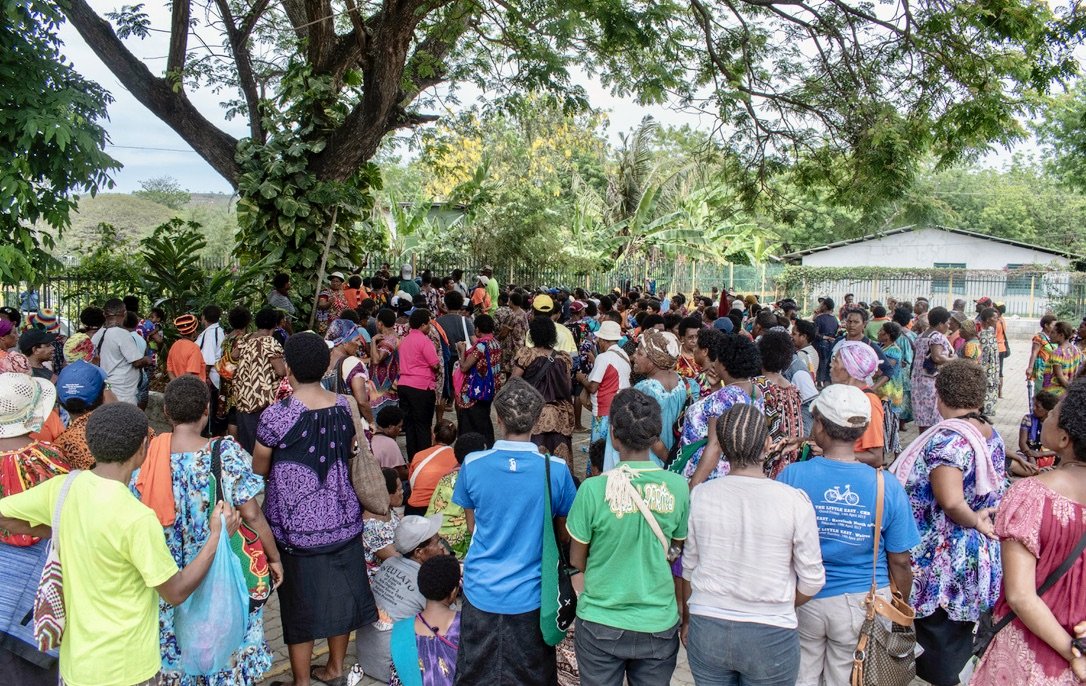GLOBAL INTERGOVERNMENTAL STRATEGY EVALUATION
Assessing the Commonwealth Secretariat’s Strategic Plan 2018-2021 and adaptations through previous strategy periods, using a forward-looking lens to inform its new strategy
Client
Commonwealth Secretariat
Period
2021 - 2022
Services
Evaluation
Locations
Global Commonwealth
Areas
Climate Resilience,
Sustainable Business & Industry,
Governance and Social Accountability,
Universal Health & Immunisation,
Social Justice and Empowerment
In 2021, Collaborative Impact was tasked by the Commonwealth Secretariat’s Strategy, Portfolio, Learning and Evaluation team and internal Evaluation Reference Group to conduct a comprehensive and formative evaluation, addressing all DAC/OECD criteria and focusing on the former strategy period (2017/18-2020/21), while also assessing adaptations through previous strategy periods. The purpose was to inform the new strategic plan (2021/22-2024/25).
The Commonwealth Secretariat is a global intergovernmental institution through which the 56 member countries of the Commonwealth consult, cooperate, and pursue shared goals in democracy and development.
The evaluation of the Secretariat’s 2017/18-2020/21 strategic plan and organisation adopted a PIALA-inspired, utilisation-focused approach, structured around five dimensions (or clusters) of recurrent findings from strategy evaluations of the past 15 year: strategic focus and synergy, leveraging of core assets and mandate, resourcing and budgeting, institutional MEL, and organisational effectiveness (incl. gender mainstreaming).
There was an explicit desire among Senior Management for the evaluation to be pragmatic and focused on where there was real potential and appetite for change. The evaluation questions were (re)framed to be explicitly forward-looking and organised around the five change dimensions.
A multi-case study of six programmes —coordinated climate action; competitiveness; digital trade and connectivity; debt management; universal health care; and democratic election support—, each comprising three or four country or cluster initiatives (thus totalling around 20 cases), generated important insights for the next Strategic Plan.
The cases were purposively selected in close consultation with Senior Management, the Strategy, Learning and Evaluation Unit, and the Evaluation Reference Group to reasonably cover the Secretariat’s CHOGM mandates, regions, impact pathways, flagship areas, and learning priorities for the future.
The report illustrates a nuanced and politically delicate assessment of a worldwide intergovernmental organization's institutional strategy, representing 54 member states. Conducted amidst the Secretary General election period, the evaluation underwent four internal review cycles crucial for mitigating any likelihood of misinterpretation or political manipulation. The evaluation team adeptly navigated the political sensitivities within the Secretary General's Office while upholding the independence of the evaluation.
The report was also externally peer-reviewed by three international experts —Ada Acampo (IDEAS President, former UNICEF Sr. Evaluation Expert and Manager); Joss Vaessen (Evaluation Advisor at the World Bank Independent Evaluation Group); and Eva Laurenson (Policy Officer at MFAT Multilateral Partnerships and Humanitarian Division). A virtual meeting was organised with the external reviewers to address their questions and feedback.



